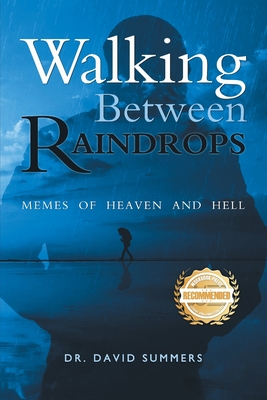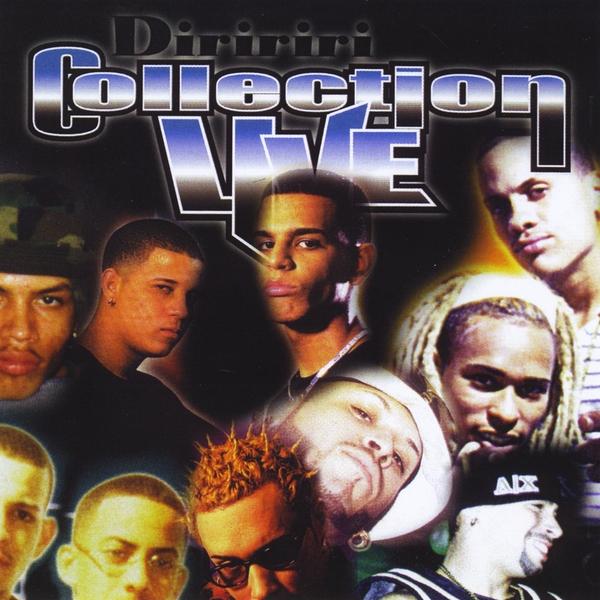
The poetry is self-descriptive, written throughout the years to cope with times of mania and depression.
Summers describes what he and other contemporizes call memes, traumatic imprints of actual events that cause a nexus of synaptic neurons to congregate closely in the brain structure to alert thinking in advance of thought. Obviously, they are often there for life, feeding habits and ordering emotional signals to the organs of the body, subtlety directing our thinking, He writes eloquently of his surrender to religion and drugs (and religion with drugs), throughout his life. Example: "This is normal saline with sodium pentothal and it will put you into a drowsy sleep state." Yeah right, I thought. That's what the warden tells those poor souls on death row when execution time finally arrives. They know the next moment the warden will nod his head to the executioner. And that's exactly what I expected...honestly. Weird, the closer I came to my death, the more logical and calm I became. "I want to ask you a few questions," I faintly remember him saying. And then that was all. I gave up the ghost, and I died...I thought.
Summers brilliantly intersperses religious icons and other implanted memes throughout this captivating story of struggle and overcoming.
"A bold work" - Ken Dahl, author of Honesty: The Final Frontier, and other books
member goods
listens & views

DIRIRIRI COLLECTION LIVE / VARIOUS
by DIRIRIRI COLLECTION LIVE / VARIOUS
COMPACT DISCout of stock
$13.75






